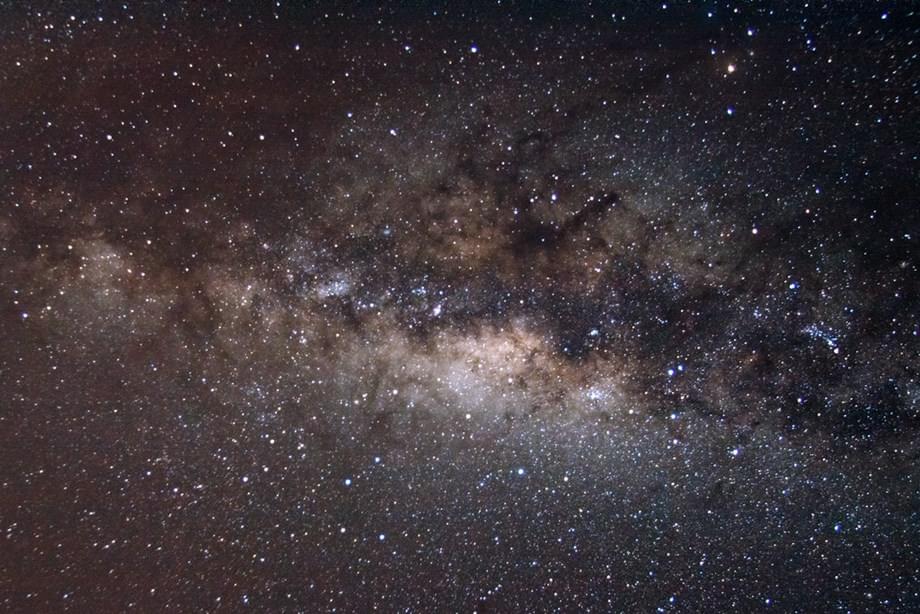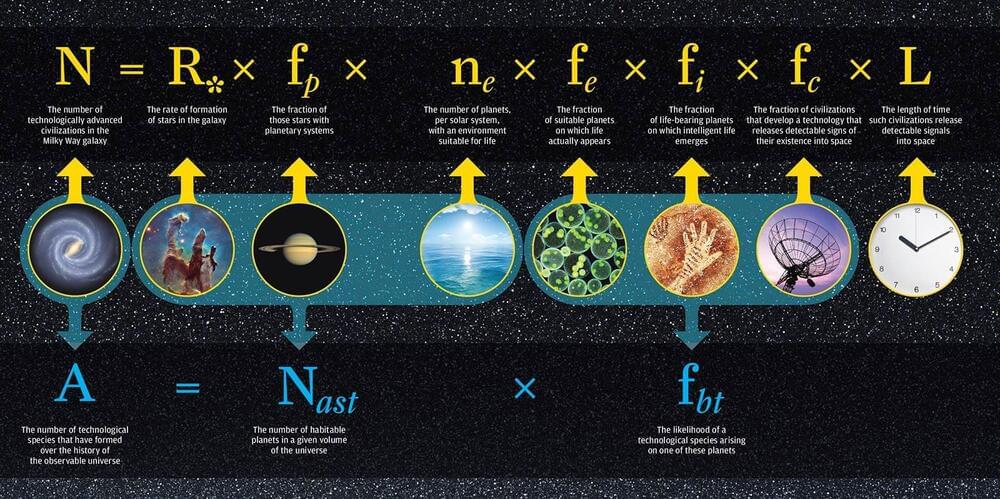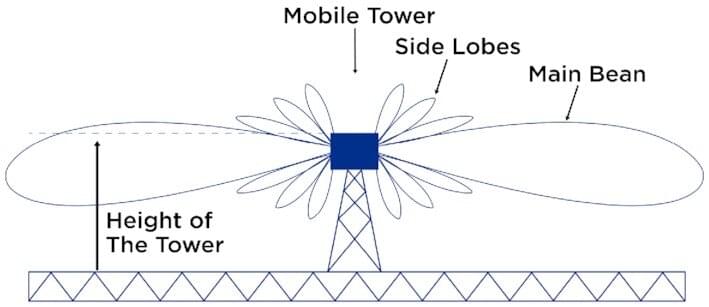Neil Gershenfeld is the director of the MIT Center for Bits and Atoms. Please support this podcast by checking out our sponsors:
- LMNT: https://drinkLMNT.com/lex to get free sample pack.
- NetSuite: http://netsuite.com/lex to get free product tour.
- BetterHelp: https://betterhelp.com/lex to get 10% off.
EPISODE LINKS:
Neil’s Website: http://ng.cba.mit.edu/
MIT Center for Bits and Atoms: https://cba.mit.edu/
Fab Foundation: https://fabfoundation.org/
Fab Lab community: https://fablabs.io/
Fab Academy: https://fabacademy.org/
Fab City: https://fab.city/
PODCAST INFO:
Podcast website: https://lexfridman.com/podcast.
Apple Podcasts: https://apple.co/2lwqZIr.
Spotify: https://spoti.fi/2nEwCF8
RSS: https://lexfridman.com/feed/podcast/
Full episodes playlist: https://www.youtube.com/playlist?list=PLrAXtmErZgOdP_8GztsuKi9nrraNbKKp4
Clips playlist: https://www.youtube.com/playlist?list=PLrAXtmErZgOeciFP3CBCIEElOJeitOr41
OUTLINE:
0:00 — Introduction.
1:29 — What Turing got wrong.
6:53 — MIT Center for Bits and Atoms.
20:00 — Digital logic.
26:36 — Self-assembling robots.
37:04 — Digital fabrication.
47:59 — Self-reproducing machine.
55:45 — Trash and fabrication.
1:00:41 — Lab-made bioweapons.
1:04:56 — Genome.
1:16:48 — Quantum computing.
1:21:19 — Microfluidic bubble computation.
1:26:41 — Maxwell’s demon.
1:35:27 — Consciousness.
1:42:27 — Cellular automata.
1:46:59 — Universe is a computer.
1:51:45 — Advice for young people.
2:01:02 — Meaning of life.
SOCIAL:
- Twitter: https://twitter.com/lexfridman.
- LinkedIn: https://www.linkedin.com/in/lexfridman.
- Facebook: https://www.facebook.com/lexfridman.
- Instagram: https://www.instagram.com/lexfridman.
- Medium: https://medium.com/@lexfridman.
- Reddit: https://reddit.com/r/lexfridman.
- Support on Patreon: https://www.patreon.com/lexfridman




